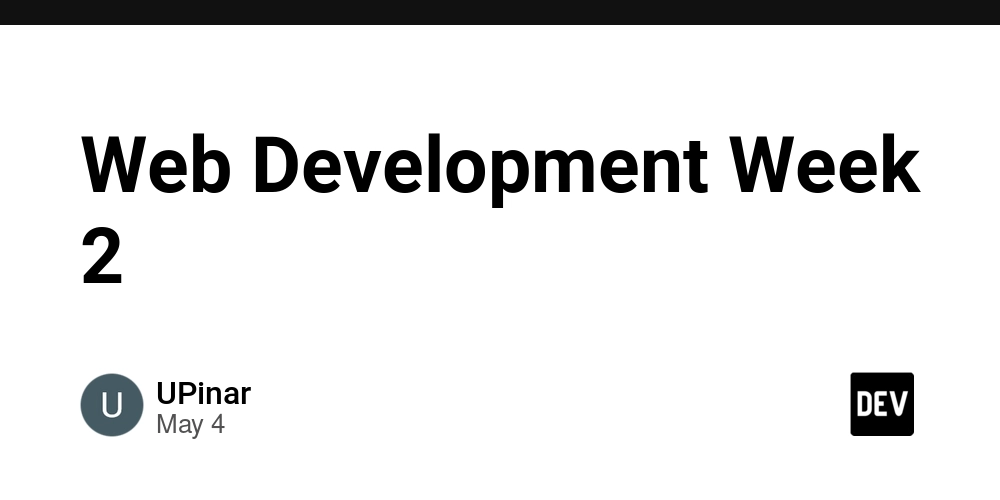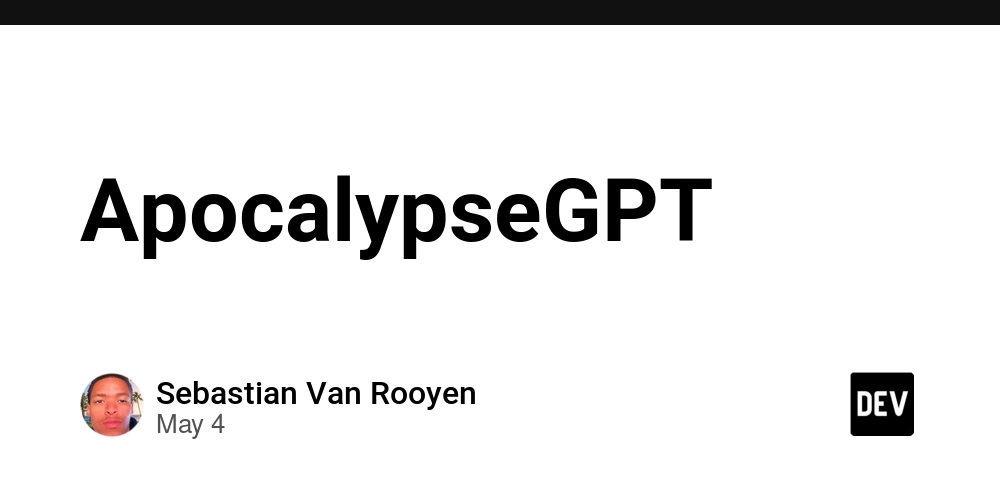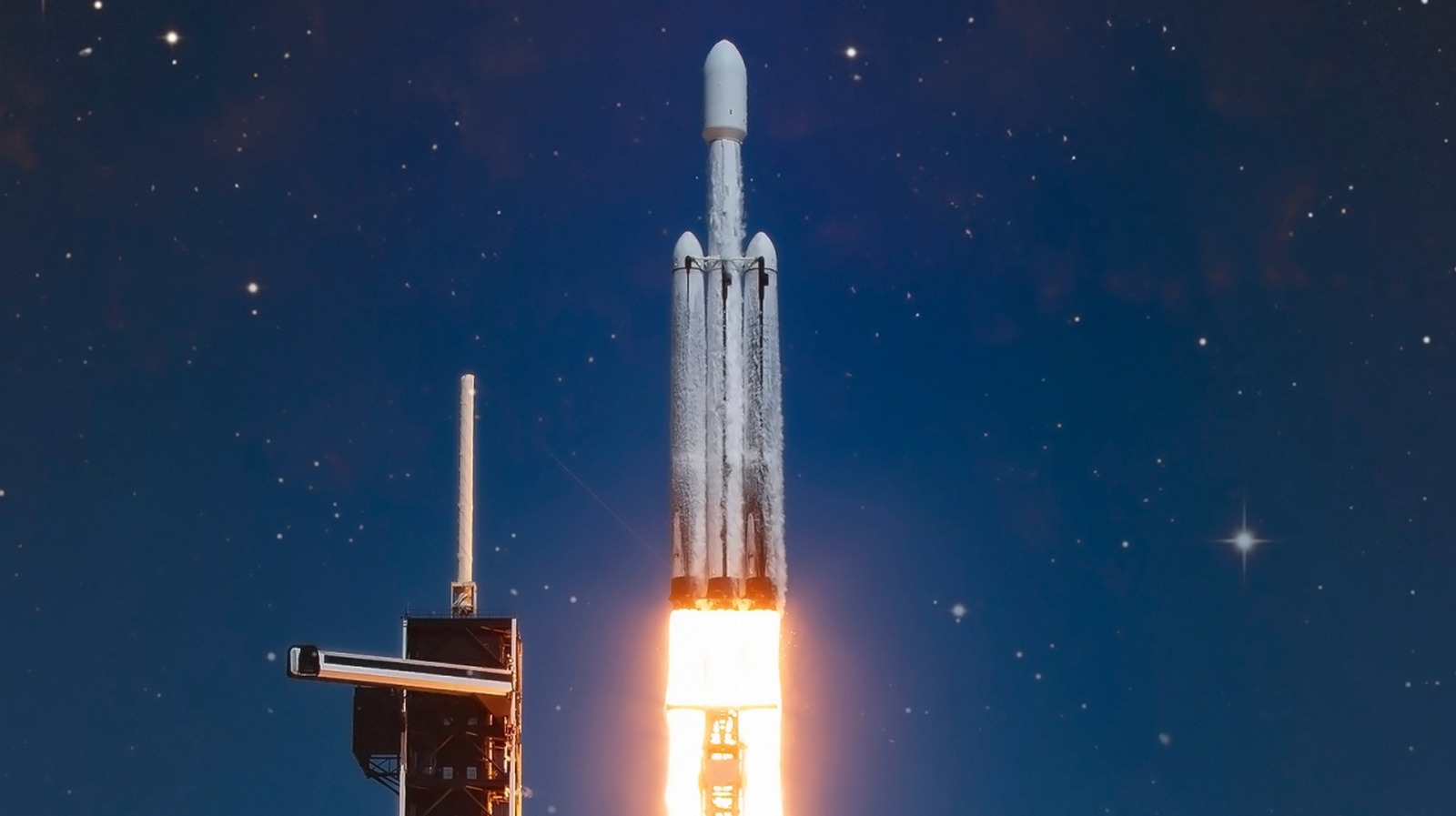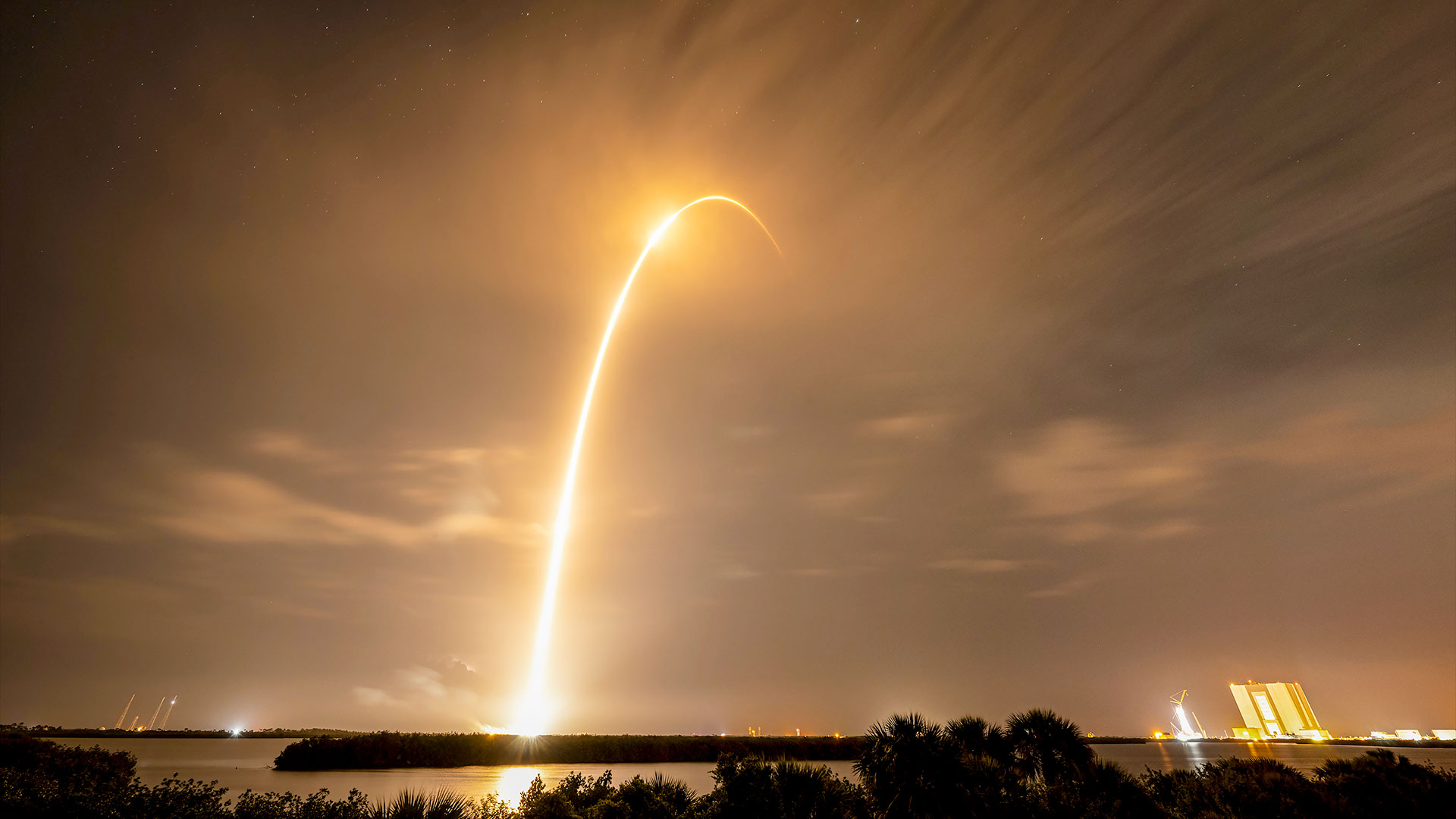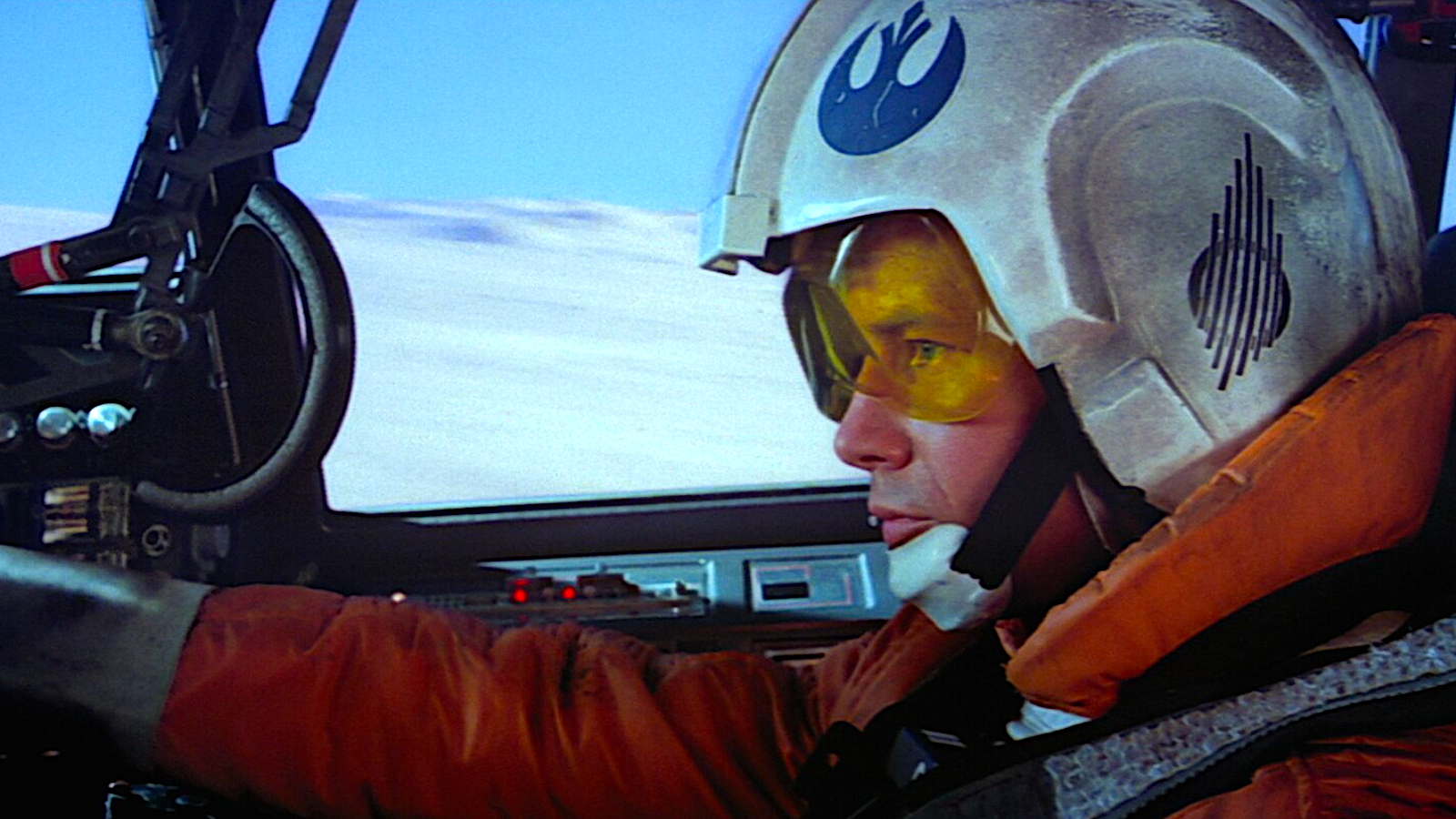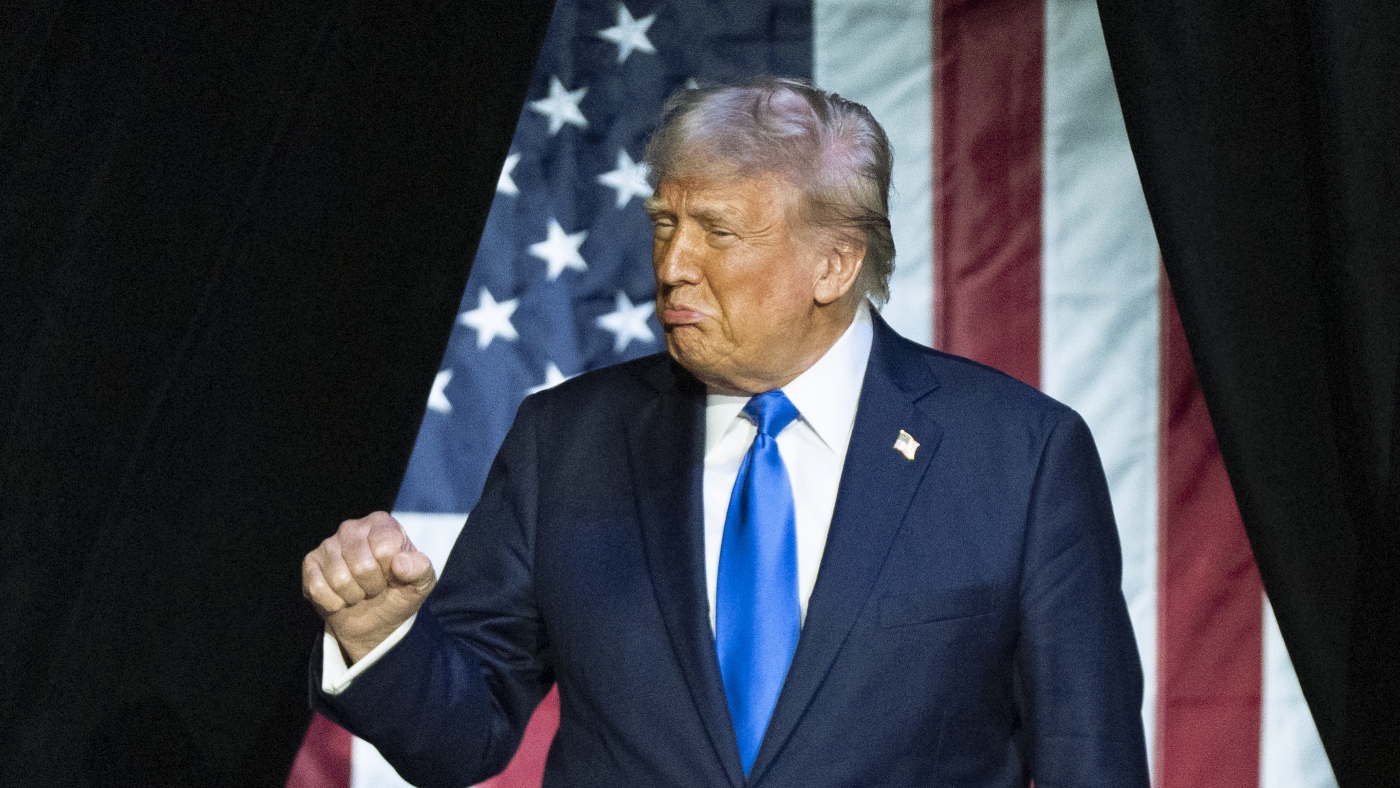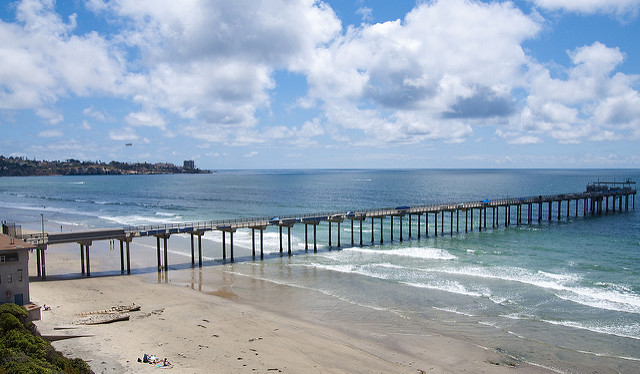How Scientists Can Be Good Citizens
We have a responsibility to ensure that our discoveries are used in the public interest. That isn’t always easy.

On July 3, 1945, ten German scientists who had worked on Germany’s nuclear program were interned by the Allies at a country mansion called Farm Hall, in Godmanchester England, about 20 miles northwest of Cambridge. The purpose of incarcerating the physicists was to find out how close Nazi Germany had been to building an atomic bomb, and possibly also to keep them from falling into the hands of the Russians.
The scientists included Otto Hahn, who in 1938 had discovered that uranium could fission and who had received the Nobel Prize in 1944; Werner Heisenberg, one of the inventors of quantum mechanics and a Nobel Prize winner in 1932; and Friedrich von Weizsäcker, who made important contributions to the physics of energy production in stars.
Roughly one month later, in the afternoon of August 6, 1945, the German scientists learned that an atomic bomb had been dropped on Hiroshima. At first, they didn’t believe the news, as they had previously concluded that the construction of such a weapon would be prohibitively expensive. Then, as more information began trickling in, they accepted that it was true. Otto Hahn would later describe feeling enormous guilt that “his greatest scientific discovery now bears the taint of unimaginable horror.” A remarkable conversation followed between Heisenberg and von Weizsäcker about the ethics of science and responsibilities of scientists, one that took place during the incarceration at Farm Hall.
“The word guilt does not really apply,” Heisenberg said to von Weizsäcker, “even though all of us were links in the causal chain that led to this great tragedy. Otto Hahn and all of us have merely played our part in the development of modern science … We know from experience that it can lead to good or to evil.” Then von Weizsäcker responded:
There will, of course, be quite a few who will contend that science has gone far enough … They may, of course, be right, but all those who think like them fail to grasp that, in the modern world, man's life has come to depend on the development of science. If we were to turn our backs on the continuous extension of knowledge, the number of people inhabiting the earth in the fairly near future would have to be cut down radically … For the present, the development of science is a vital need of all mankind, so that any individual contributing toward it cannot be called guilty. Our task, now as in the past, is to guide this development toward the right ends, to extend the benefits of knowledge to all mankind, not to prevent the development itself. Hence the correct question is: What can the individual scientist do to help in this task; what are the precise obligations of the scientific research worker? What is more, we must probably make a clear distinction between the discoverer and the inventor. As a rule, the former cannot predict the practical consequences of his contribution before he actually makes it, the less so as many years may go by before it can be exploited.
Heisenberg then replied that whether discoverer or inventor, “the individual tackling a scientific or technical task must nevertheless try to think of the broader issues. And, indeed, if he did not, why did he exert himself in the first place?”
And von Weizsäcker again: “In that case, if [the scientist] wants to act for the best and not just leave it at noble thoughts, he will probably have to play a more deliberate part in public life, try to have a greater say in public affairs. Perhaps we should welcome this trend, for inasmuch as scientific and technical advances serve the good of society, those responsible for them will be given a greater say than they currently enjoy. Obviously, this does not mean that physicists or technicians could make better political decisions than the politicians themselves. But their scientific work has taught them to be objective and factual, and, what is more important, to keep the wider context in view.”
The ethics of science and the responsibilities of scientists do not have simple formulations or prescriptions. Yet the questions that animated Heisenberg and von Weizsäcker 80 years ago are as urgent as ever today. The role of scientists in their society is especially relevant when science and evidence-based thinking are under attack, and scientists are sometimes portrayed as driven by financial or political interests.
Heisenberg said that modern science can lead to good or to evil. But sometimes defining the “good” is not easy. For example, is it morally justified to build a weapon to kill people, if by killing a few, we can save the lives of many? Is it morally justified to alter the DNA of human embryos in order to make the resulting human beings smarter or more athletic? Should a scientist stop working on a fundamental research problem, such as how memory is stored in the brain or the behavior of solid matter under extreme pressure, if she thinks that it might lead to harmful applications?
Our view is that science and the technology resulting from science do not have values in themselves. It is we human beings who possess values. And we should employ those values in how we use science and technology. (In this view, we disagree with the AI entrepreneur Mustafa Suleyman, who argues in his recent book The Coming Wave that technology is inherently political.) The “good” referred to by Heisenberg probably meant—as it does for many people—increasing the well-being (happiness and quality of life) of the largest number of people. And the “bad” diminishes that well-being. We further suggest that scientists, as citizens of their society, have a responsibility to ensure that their discoveries and innovations are used for good and not for bad. Such a responsibility, of course, means that scientists will have to take some time away from their lab benches and equations to engage with the public and with policy makers. We also suggest that scientists, as citizens of the world, share a responsibility to help relieve the world’s economic inequalities, including the global South’s relative lack of access to energy, food, health care, and technology. As von Weizsäcker said, scientists are not policy makers, nor do they have the required skills. But their special expertise and evidence-based thinking should be resources for policy makers to improve the lives of everyone. And, because we live in a scientific and technological age, buffeted by rapid developments in biotechnology, artificial intelligence, and many other areas, scientists have a responsibility to educate the public in scientific matters. Policy makers may often be motivated by self-interest, but ultimately, in democratic societies, they must answer to the public.
In our view, the areas of science and technology now posing the greatest ethical dilemmas and challenges are artificial intelligence, biotechnology and “synthetic biology,” advanced medical procedures, and climate change. Artificial intelligence is already revolutionizing many aspects of our lives, including health care, banking, transportation, information exchange, and even warfare. New computer programs are able to learn things by themselves, as well as utilize vast data banks, and will someday become fully autonomous, operating without human input. Biotechnology—the manipulation of biological processes and the DNA of microorganisms to produce novel products—is already being used to create such things as batteries, drugs, improved fertilizer and other agricultural products, and new engineering devices. This rapidly developing field began with the understanding of the structure of DNA in the 1950s. Advanced medical procedures include the ability to edit the DNA of human embryos, extend the lives of permanently bedridden patients, and rapidly sequence and analyze a person’s full DNA, revealing psychological tendencies, origins of personality, and potential illnesses.
People sometimes used the word science to include both science and technology, but there is certainly a distinction between “pure science,” dedicated to learning the nature of the physical world, and technology, which is the production of materials designed to improve the lives of human beings and solve their problems. (We will later raise the question of whether all technology actually improves the lives of human beings.) Technology might also be called “applied science.” Certainly there is not always a clear demarcation between pure and applied science. Many discoveries in pure science later lead to applications, such as the invention of the transistor in 1947 (used in electronic equipment and telecommunication devices), unravelling the structure of DNA in 1953 (now used to identify pathogens, in the treatment of cancer, and in other applications), the discovery of mRNA in 1961 (the basis for the COVID vaccines), and the discovery of carbon nanotubes in 1991 (used to make plastics with enhanced electrical conductivity and for delivering drugs and for the regeneration of nerve cells).
Today we live in a world more dependent on technology than ever before, and ever more vulnerable to its failures or misdirection. To be at ease in this fast-changing world, and to be effective citizens, everyone needs at least a basic grasp of science’s concepts and discoveries. Scientific education and communication aren’t just for scientists. Obviously pandemics, climate change, and AI have been at the forefront of our minds recently, but policies on health, energy, and the environment all have a scientific dimension. To understand their essence isn’t so difficult: Most of us appreciate music even if we can’t compose or even perform it. Likewise, the key ideas of science can be accessed and enjoyed by almost everyone; the technicalities may be daunting, but these are less important for most of us, and can be left to the specialists.
In this respect, one of the most frightening outcomes from the recent populist movements across the globe has been the death of facts. In today’s “post-truth” era, there is little agreement on what defines reliable sources.
The occupational risk to scientists of their deliberate focus on biotechnology, solid state physics, and artificial intelligence is that they forget that these narrow problems are worthwhile only insofar as they are steps toward answering some big questions. And that is why it is good for scientists to engage with general audiences. In fact, when one discusses the “great unknowns,” there is less of a gap between the specialist and the audience. When even the experts haven’t much of a clue, they are in a sense in the same position as the public. Even if we scientists explain ourselves badly, we benefit from exposure to general audiences who focus on the big questions and remind us how much we still don’t know. Robert Wilson, the radio engineer who made the serendipitous discovery of the cosmic background radiation—which clinched the case for a Big Bang—said that he himself didn’t fully appreciate the import of his momentous work until he read an article in The New York Times headlined “The Afterglow of Creation.” Good journalists offer a breadth and critical perspective that can, in professional scientists, atrophy through overspecialization, so their work benefits specialists as well as the wider public.
The interconnectedness of today’s world, by virtue of global trade, the internet, and global challenges such as climate change, requires scientists to engage with the international community, not only their own society. Our interconnected world depends on elaborate networks: electric-power grids, air-traffic control, international finance, just-in-time delivery, and so forth. Unless these are highly resilient, their manifest benefits could be outweighed by catastrophic (albeit rare) breakdowns cascading through the system. Pandemics can spread at the speed of jet aircraft, causing maximal havoc in the shambolic but growing megacities of the developing world. Social media can spread psychic contagion—rumors and panic—literally at the speed of light. The issues impel us to plan internationally. For example, whether a pandemic gets a global grip may hinge on how quickly a Vietnamese poultry farmer can report any strange sickness. And many other challenges—energy and climate change, for instance—involve multi-decade timescales, plainly far outside the concern and “comfort zone” of most politicians. Nevertheless, politicians need the best “in house” scientific advice in forming their policies. But more than that, these issues should be part of a wide public debate, and such debate must be leveraged by “scientific citizens”—engaging, from all political perspectives, with the media, and with a public attuned to the scope and limit of science.
Scientists can act through campaigning groups, via blogging and journalism, or through political activity. There is a role for national academies too. Politicians, informed by their scientific advisers, should aim to lift long-term global issues higher on the political agenda, where they are habitually trumped by the urgent and parochial. Scientists should present policy options based on a consensus of expert opinion; but if they engage in advocacy, they should recognize that on the economic, social, and ethical aspects of any policy, they speak as citizens and not as experts. Likewise, scientists shouldn’t be indifferent to the fruits of their ideas—their creations. They should try to foster benign spin-offs—commercial or otherwise. They should resist, so far as they can, dubious or threatening applications of their work and alert politicians when appropriate. We need to foster a culture of “responsible innovation,” especially in fields such as biotech and advanced AI.
Of course, scientists have special obligations over and above their responsibility as citizens. Obviously, ethical obligations confront scientific research itself: avoiding experiments that have even the tiniest risk of leading to catastrophe and respecting a code of ethics when research involves animals or human subjects. But less tractable issues arise when research has ramifications beyond the laboratory and a potential social, economic, and ethical impact that concerns all citizens—or when it reveals a serious but still-unappreciated threat.
One can highlight some fine exemplars from the past: for instance, the atomic scientists who developed the first nuclear weapons during World War II. Fate had assigned them a pivotal role in history. Many of them—men such as Joseph Rotblat, Hans Bethe, Rudolf Peierls, and John Simpson—returned with relief to peacetime academic pursuits. But for them the ivory tower wasn’t a sanctuary. They continued not just as academics but as engaged citizens—promoting efforts to control the power they had helped unleash, through national academies, the Pugwash movement, aimed at ridding the world of weapons of mass destruction, and other public forums. They were the alchemists of their time, possessors of secret specialized knowledge. Nuclear physics was 20th-century science. But other technologies now have implications just as momentous as nuclear weapons. In contrast to the “atomic scientists,” those engaged with the new challenges span almost all the sciences, are broadly international, and work in the commercial sector as well as in academia and government. Their findings and concerns need to inform planning and policy. So how is this best done?
Direct ties forged with politicians and senior officials can help—and links with NGOs and the private sector too. But many experts who serve as government advisers have frustratingly little influence. Politicians are, however, influenced by their inbox, and by the press. Scientists can sometimes achieve more as “outsiders” and activists, leveraging their message via widely read books, campaigning groups, blogging and journalism, or through political activity. If their voices are echoed and amplified by a wide public and by the media, long-term global causes will rise on the political agenda. Rachel Carson and Carl Sagan, for instance, were both preeminent in their generation as exemplars of the concerned scientist—and they had immense influence through their writings and speeches. And that was before the age of social media.
A special responsibility resides with scientists in academia or self-employed entrepreneurs. They have more freedom to engage in public debate than those in government service or in industry. And those of us who are academics have a special privilege to influence successive generations of students. We should try to sensitize them to the issues that will confront them in their careers. Indeed, polls show, unsurprisingly, that young people are more engaged and anxious about long-term and global issues than those in earlier generations.
Although this is an extraordinarily difficult time to be a scientist, there are grounds for optimism. For most people in most nations, there’s never been a better time to be alive. The innovations driving economic advancement can boost the developing as well as the developed world. Creativity in science and the arts is nourished by a wider range of influences—and is accessible to many more people worldwide than in the past. We’re becoming embedded in a cyberspace that can link anyone, anywhere, to all the world’s information and culture and to most other people on the planet. Twenty-first-century technologies have the potential to offer everyone a lifestyle comparable to what Europeans enjoy today, while being environmentally benign and making lower demands on energy.
More should be done to assess and then minimize the risks and challenges we’ve discussed here. But we can be technological optimists, even though many leaders in technology need redirection. And that redirection must be guided by values that science itself can’t provide. Once again, science and technology do not have values in themselves. It is we human beings who have values. And it is the responsibility of scientists and technologists, both as specialists and as citizens of the world, to help advise policy makers and governments. There are certainly difficulties. Politicians look to their voters and the next election. Stockholders expect a payoff in the short run. We downplay what’s happening even now in faraway countries. And we discount too heavily the problems we’ll leave for new generations. Without a broader perspective— without realizing that we’re all on this crowded planet together—governments won’t properly prioritize projects that are long-term from a political perspective, even if a mere instant in the history of Earth. Knowing all we owe to past generations, it would be shameful if we weren’t “good ancestors” and left a depleted heritage and damaged planet to our descendants.
Today’s young people are coming of age in a world that is at once wondrous and challenged, exhilarating and frightening, a world of potential and uncertainty, trembling, majestic, unpredictable and predictable, mysterious. A world to celebrate, to understand, and to preserve.
This article was adapted from Alan Lightman and Martin Rees’s forthcoming book, The Shape of Wonder: How Scientists Live, Work, and Think.










